What Is Money?
This is not going to be a post about how to get money. This is not going to be a post about anything related to anything that sounds like any law of attraction mumbo jumbo. What this post will be about is money, as a concept. You’ll find however that money as a concept, even if we FORCE ourselves to remained constrained to the biological and economic realm is still pretty mind boggling.
Money Anxiety
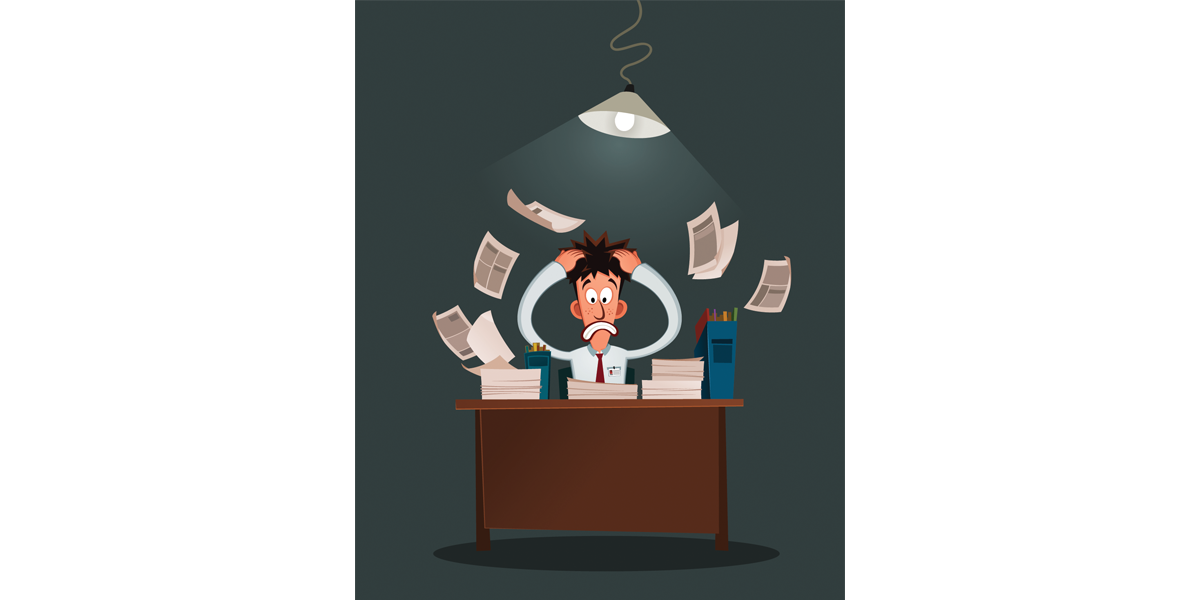
First of all, we’ve all got anxieties with money. We never have enough. We always want more, but we are always worried we might not be able to get more. And chances are, we grew up in households where our parents had the same worries. I was born in ’66, so in the 70’s I was from four to fourteen. Prime adolescent age to be programming my brain with money ideas.
And in case you haven’t been around that long, the seventies were a very shitty time for the U.S. economy. The gold standard ended in ’71, and inflation blew up. Between ’78 and ’83, the dollar lost half of it’s value. That meant that during those five years (end of the seventies and beginning of the eighties) most stuff DOUBLED in price. Add in the gas crisis (people waiting in line to buy gas) the idea that the Russians were going to bomb us at any minute, and you’ve got a recipe for DOOM!
Needless to say, my poor fragile little mind was filled with ideas of scarcity and lack and danger and goddamn Russians! (Yeah, poor me, right?) Regardless of your own childhood scenario, I’ll bet it wasn’t like this.
“Crap!”
“What’s wrong dear?”
“I just balanced our checkbook and we’ve go TOO MUCH goddamn money!”
“Again? What are we going to do?”
“Well, I suppose we could just go out and start buying stuff, maybe a couple of cars or something.”
“But our house is filled with stuff we just keep buying, where will we put it all?”
“We could buy a couple more houses, just for storage, whatta ya think?”
“Yes I suppose, but what an inconvenience!”
Deep Money Anxieties
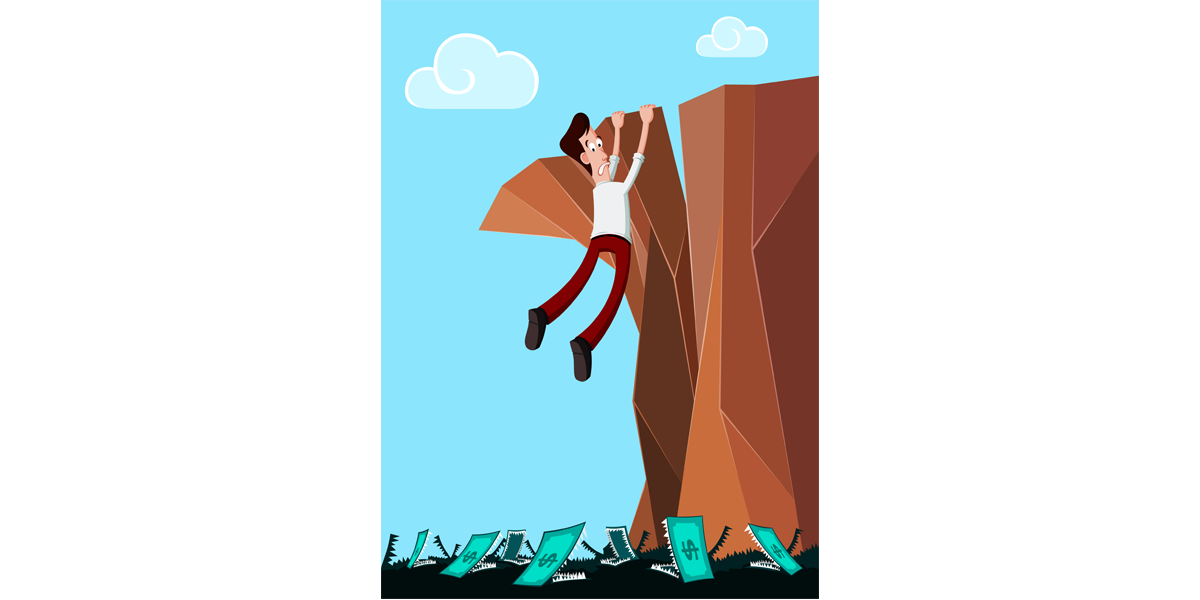
Before most humans learned to talk, they’d already heard plenty of the opposite. And after you did learn to talk, what was the answer you got from your parents when you asked for more money? How many “no’s” did you hear for every “yes”? How did those yesses come, with pleasure and happiness? (Here you go son! Thanks for asking!) Or with a scowl? (Whatta ya think I am made of money?!) Is it any wonder that when it comes time to walk in the bosses office and ask for more money we’d rather go out and get a root canal?
But What Is Money, Really?
OK, enough with the negativity! Part of the ability to get more money (however that works for you) is to not be so goddamned scared of talking about it or even thinking about it. So, what is money, really? Let’s go way back to the days before money was even invented.
Biological Organisms
Let’s imagine you are a monkey. And let’s say you need to burn 1000 calories a day to stay alive. That means you need to eat at least 1000 calories a day. So far so good. If you ate more than 1000 calories a day, your body would store the reserves as fat. Within a certain limit, the more fat you had, the longer you could survive without having to find food. Body fat is the biological form of savings account.
Biological Profit and Loss

If you burned 1000 monkey calories, but you only ate 800 banana calories, that particular day you would have had a negative balance of 200 calories. If you did that every day, you would be subtracting 200 calories from your monkey savings account. If you had 20,000 calories in your monkey savings account, that would last you 100 days of minus 200 calories a day. Just like a company can’t operate at a loss for very long without going bankrupt, a monkey can’t operate at a loss without becoming dead.
On the other hand, if a monkey found the magic monkey jungle where all the bananas were only a couple feet off the ground (the proverbial low hanging fruit) then he could easily fatten up, or save up his reserves. Suppose he had a 200 calorie surplus every day. Meaning he only needed to burn 800 calories (since he could just reach up and grab a banana without standing up all the way) to eat 1000 calories of bananas.
Monkey People
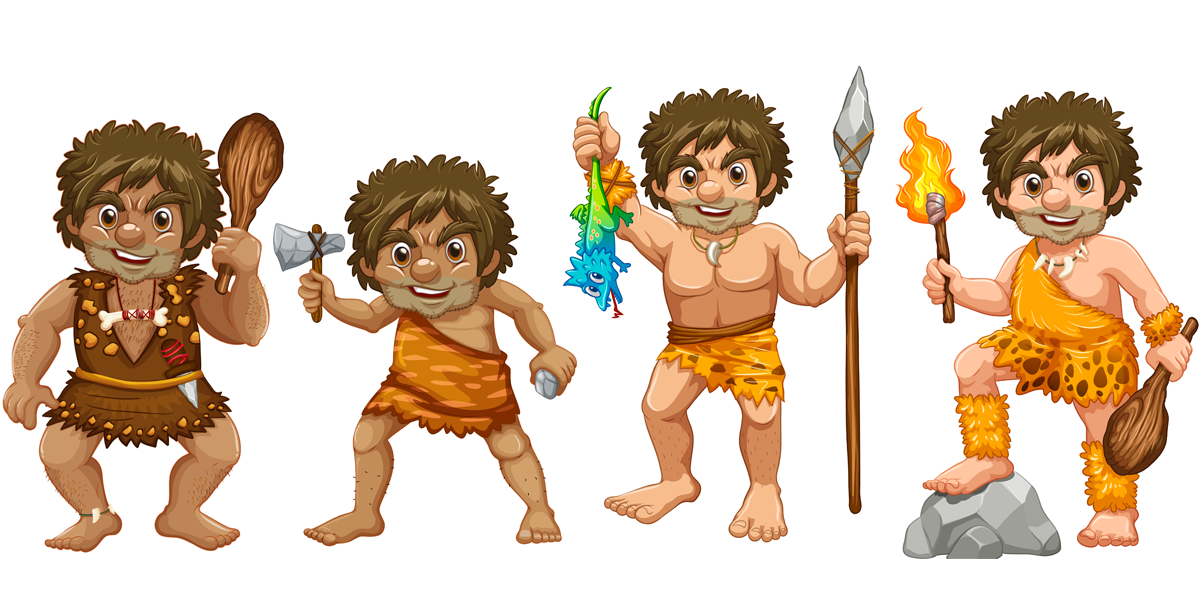
For a while, people used to be like monkeys. One of the things that separated monkeys from humans was the sexual division of labor. Boy monkeys and girl monkeys both eat bananas. Boy birds and girl birds both eat worms. But for some reason, the early humanoids split along the gender lines. Men went hunting and tried to get fat and protein. The women looked around for roots and other stuff (while they were watching the kids and complaining all day about their idiot husbands).
New Frontiers
This allowed the early monkey people to live in twice as many places. If the men got skunked they could eat roots for dinner. If the women couldn’t find anything tasty, they’d load up on wooly mammoth meat. This meant that those early monkey-people could leave the jungle and go pretty much everywhere.
Four Kinds Of Trade
In those early humans, scientists believe there are four kinds of trade that are instinctive. One is when you trade something for something else, with one of your caveman friends. The other was something now for something later. (Even vampire bats do this. Seriously!) The other was people in the same family just give and take whatever they want. The fourth is the boss of the tribes takes what he wants. This still feels like a trade, since his job as the boss (or the alpha) is to run the tribe, decide what to do, and keep the peace.
Inter Tribal Trade
There is plenty of evidence that tribes would meet and trade. Even today, in the Brazilian rainforest, the Yanomami (which more or less like our hunter-gatherer ancestors) meet with other tribes to trade. (Sometimes. When they aren’t trading with other tribes, they are fighting with them. Pro Tip: In the Yanomami community, the more dudes you kill the more girls you lay.)
Invention Of Agriculture

This is something that we talk about as if it “just happened.” Like one day a bunch of cavemen were out hunting and they just decided to become farmers. But the transition from hunting to farming is a very long process. Think about it. If you are a hunter, and you get hungry, you go out and kill something. But if you are farmer, you have to plant something in the ground and wait around until it is ready to eat.
How Did The First Farmers Become Farmers?
Nobody really knows. But the problem is easy to understand. If you had to switch from hunting to farming, you’d have to wait a long time before your farm bore fruit. What would you eat? You could theoretically go out hunting every day. But what if the animals migrated away?
Also, if you’ve got a prehistoric farm big enough to feed a couple hundred people, how would you protect it? In modern times, each human needs about an acre a year with modern technology. So the amount of land needed to support a medium sized tribe would be pretty big. If there were still tribes of hunters wandering around, that would mean trouble.
After Farming Was Established
Somehow, most hunters turned into farmers. That’s when it gets interesting. Even though hunters traded with each other, they didn’t have much stuff to trade. Maybe a piece of meat for a root. Maybe a piece of meat for a quickie while hubby is sleeping. (Yes, this does happen, even with chimps!)
But with farms, there was a lot more stuff. They needed houses. They needed clothes. They needed farming tools. And they needed alcohol (which was invented right about the time farming was) and glasses to drink the alcohol with. This is when the coincident of wants problem popped up for the first time in human history.
Coincident of Wants
Suppose you had a sack of corn, and you wanted to buy a pair of shoes. This meant you had to find somebody with a pair of shoes (that were your size) that also wanted a sack of corn. You might have to walk around for days (without shoes!) before you found somebody. Since nobody wanted to walk around (without shoes) while carrying a heavy-ass bag of corn, they figured out something interesting.
Commodity Money
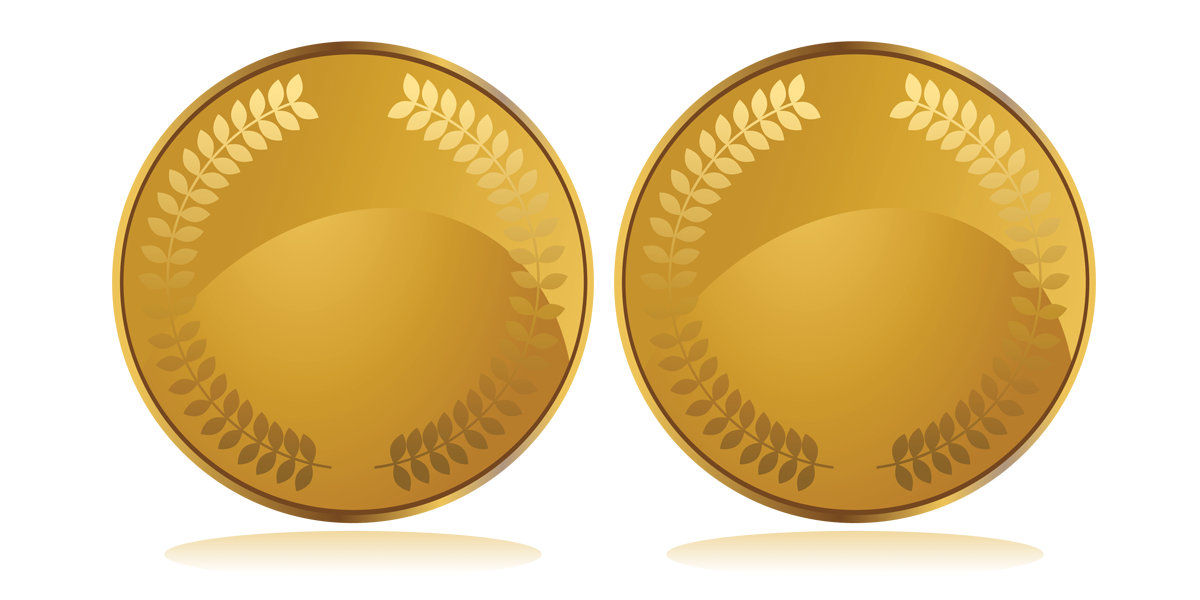
Instead of trading the corn for the shoes, the guy would trade the corn for something he suspected somebody else would want. Turns out everybody did this. They didn’t trade for what they wanted, they traded for something they knew that they could trade for what they wanted. Funny thing is most people tended to started traded for the same kind of thing. The thing they knew they could trade for what they really wanted. It just kind of happened.
Gold Silver Salt Cattle
Lots of stuff has been used for commodity money over the years, but gold and silver are usually the most common. Even the U.S., silver was used up until the sixties. Now, this seems straightforward and simple. But it’s also one of the most amazing inventions ever created.
Money Means Savings

At its most basic level, any money you have represents savings. You do something for somebody, and they pay you. This is so basic it seems foolish to even talk about. But any money that you have, through this transaction (somebody voluntarily paying you) this is a measurement of how much value you have provided to others. You did something for somebody else, they were glad you did it, and they paid you money as a result.
Saved Money Is Potential Wealth
Here we need to make an important distinction. Money is potential wealth. Gold, silver, Bitcoins, paper whatever, that can be traded for stuff. Stuff is wealth. Anything that has been made from lower order goods into higher order goods. Or any service that any other person can provide. All this can be received in exchange for money.
More Savings Equals More Satisfied Desires
So long as the money is voluntarily given to you, the more of it you have, the more desires of others you’ve satisfied. Wanting as much money as you can possible get (so long as you aren’t a bank robber, tax collector or central banker) is pure and holy and righteous. It is the same as satisfying as many desires of others as you can.
Mathematical Money Equation
On one side of the equation is you receiving money. On the other side of the equation is somebody paying you for something you did for them, or something you gave them. This is true if you are a world famous rock star in front of millions of screaming fans or a guy handing over a burger combo number three. You get money as you satisfy others. So when you say, “I want to get as much money as possible,” it is the mathematical equivalent of saying “I want to satisfy as many people as possible.”
Why Is Money Evil?

Now, the idea of “money is evil” requires two to tango, so to speak. If the authorities told us that aliens are coming and we each need to cut off our pinky to appease them, we’d tell them to bugger off. We wouldn’t believe them. But we do believe that money is evil (or a lot of people do). Why?
Nobody Wants You To Make Very Much Money
In nearly every society, the rulers have always come up with the idea that “money is bad” and “being poor is holy.” Why would they do this? Because rulers want to have as much control as they can. If everybody in society believed it was their birthright to make fat stacks of cash, they would soon threaten the nobles, or the elites, or whatever the goofs in charge call themselves. It’s only fun being rich if nobody else is rich!
But what about the people? Why would they believe making money is evil? Making money isn’t easy. As holy and wonderful as it is, you’ve got to do stuff that’s actually worth money. Most people would rather stay home, smoke weed and play videos games. So the idea that “money is evil” is a very useful excuse to NOT make money.
Social Proof and Authority
Most people are only comfortable doing what everybody else is doing. If the authority or religious figures say making money is evil, and most everybody else (because they’d rather smoke a blunt and watch Netflix) believe making money is evil, it’s pretty hard to bust out of that mindset.
Money Is Magic
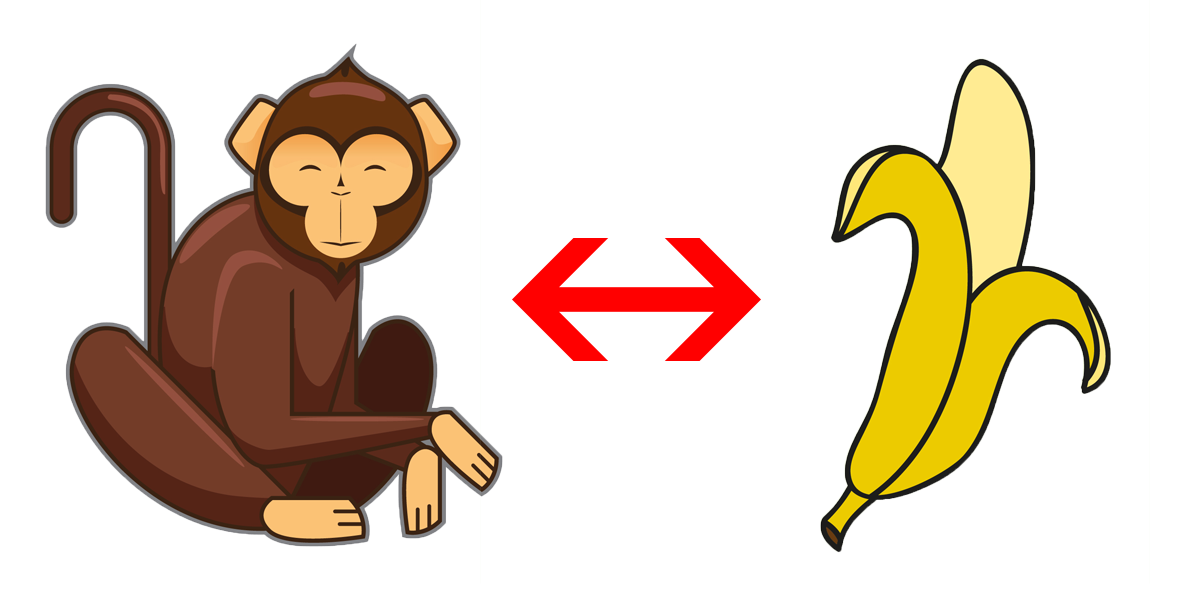
When a monkey eats a banana, he needs to keep the calories he burns and the calories he eats in a pretty tight balance. Too much one way and he starves to death. Too much the other way and he’s too fat to run away from predators. His fat represents his savings of energy. But when he eats a banana, he’s only satisfying himself. No doubt the banana doesn’t want to get eaten!
Something else is pretty interesting. When the monkey has a desire for food, there’s only a few ways he can satisfy that desire. If he’s in banana-jungle, he’s got to climb a tree and get a banana. So his behavior to get a desire is pretty much tied to the desire. When he’s hungry, there’s only a few behaviors he can do to satisfy that desire.
Humans Use Money
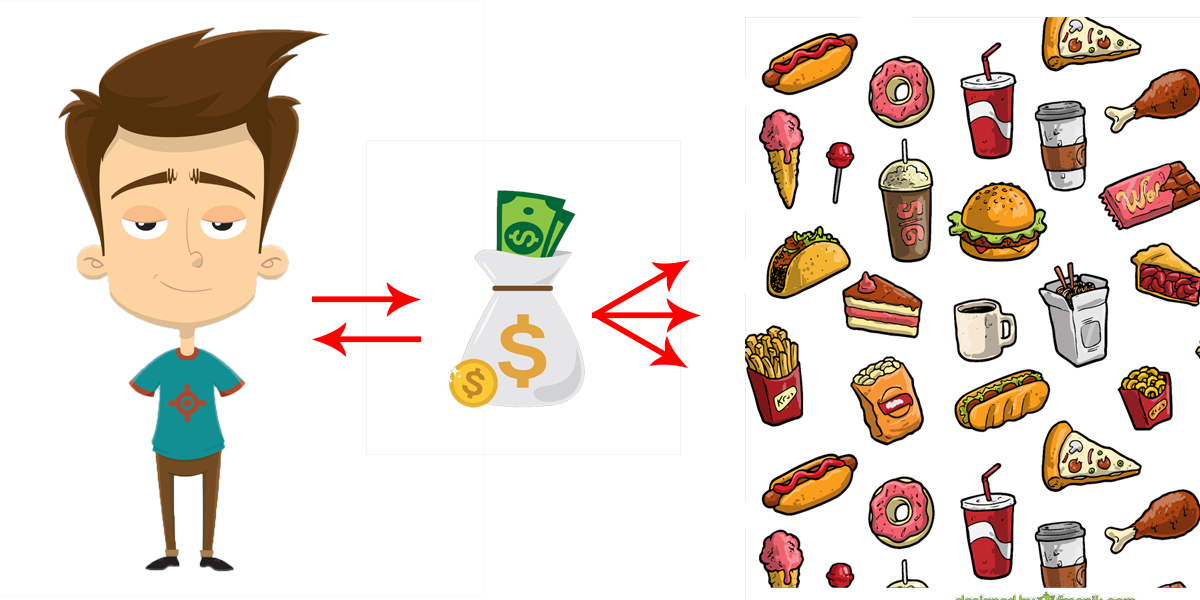
Money may be the one thing that separates us humans from every other animal. When humans have a desire, we can satisfy that desire by using money to purchase whatever we need. This sounds obvious and too silly to talk about. How many ways can we get money? As many ways as we can think of. How many ways can we satisfy something as simple as our hunger desire with money? Too many to list. That simple intermediary idea of money, between us and our desires, is filled with infinite potential.
Money Built Society
If a monkey runs out of bananas, he’s doomed. But because we humans use money, we can build all kinds of stuff to satisfy all kinds of desires. Imagine if you wanted to build a factory and it would take six months. How would you do this if money didn’t exist? How would you pay the workers? Without the existence of money, most stuff wouldn’t exist. Most stuff would have to be grown and used locally. This means no cars made in other countries. No video games made in other countries. Nothing except what was grown and made (from scratch) within a few miles from your house.
Money Ends Scarcity

Without money, there’s not much stuff we could. But with money? The ideas we can come up with are endless. Money is the single most important invention in the history of the human race. Money allows for people to have things from other countries they wouldn’t otherwise have. Money allows us to satisfy our desires with things that we would have zero chance of producing ourselves. Movies, music, food, hookers, blow, all of these things require tons of people playing the same game.
Skills For Money
We show up in the world with our skills. We trade our skills for money. We use that money to satisfy our desires any way we like. The more you can get in the game, the more money you’ll make.
Money Is Holy

Money is not evil. Wanting money is not evil. Sure, making money takes time and effort. Learning the skills how to make money takes time and effort. But if you wanted to point whatever you skills you have now, or whatever skills you want to learn in the future, towards as much money as you can, there is absolutely nothing wrong with that.
The World Wants You To Maximize Your Money Income
The more money you make, the more of other people’s desires you’ve satisfied. The more money you make, the more you are helping other people in the world. Don’t be shy about making money. Don’t be shy about wanting as much money as you can get your hands on. And when somebody tries to tell you that making money is wrong or evil or bad in any way, explain to them why it’s not. Explain to them why the world NEEDS you to become as rich as you possibly can.
Learn More
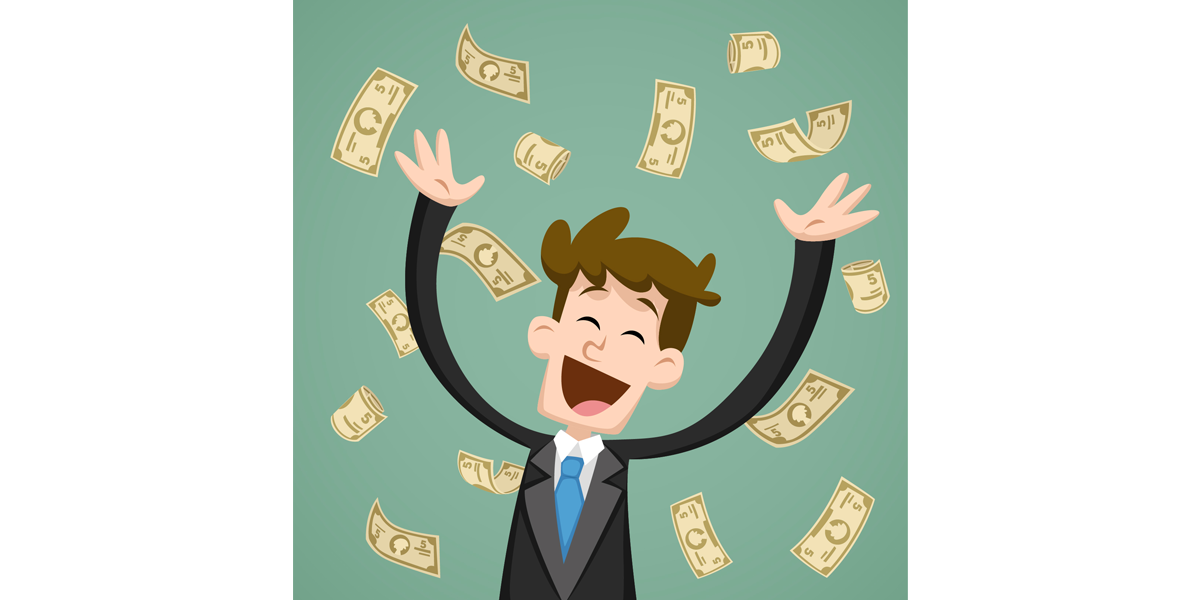
Mind Persuasion has tons of books and courses to help you maximize your money making skills.
Mind Persuasion Books
Mind Persuasion Courses